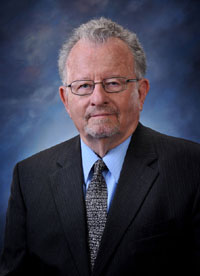
An 1853 poster in the streets of abolitionism’s heartland read in part:
“CAUTION COLORED PEOPLE OF BOSTON…You are hereby respectfully cautioned and advised to avoid conversing with the Watchmen and Police Officers of Boston…by the order of the Mayor and Aldermen, they are empowered to act as KIDNAPPERS and Slave Catchers…”
The Fugitive Slave Act of 1850 may have prolonged the beginning of the so-called “Civil” War, but the Union’s victory changed the political landscape and many laws were changed. Even more laws were changed in the mid-1960s with civil rights legislation.
Some striking parallels to our 2018 reactions to undocumented immigrants is obvious, since we are dealing with more than just one nation-- the USA. Yet today’s dilemmas are far more complicated when, at one extreme, the issue is the growing need/desire/demand for drugs by US citizens; and at the other end of a long spectrum of concerns, we have increasing numbers of refugees, some of whom had fled recent extreme injustices in their own countries.
Some of those extreme injustices date to the last years of the Cold War when the USA supported some brutal dictators in the South, Central, and Caribbean Americas, in exchange for their joining in our struggle against communism. We even trained their militaries (at Fort Benning, Georgia) who we hoped would join the struggle when they returned. In some cases (El Salvador is one example), the citizens were so exploited by their government that their Roman Catholic Archbishop, Oscar Romero, dared to speak openly on behalf of the tortured, assassinated and otherwise oppressed--some of whom had already sought asylum, at great risk, in the USA. Only three years earlier, he had been appointed archbishop as a social conservative!
Almost thirty-eight years ago (March 24, 1980), Archbishop Romero was assassinated (at age 63) while celebrating Mass in the chapel of the Hospital of Divine Providence in San Salvador. His assassins had been trained at Fort Benning to fight communism and “were only following orders.” This March, 2018, Pope Francis announced that the canonization of Oscar Arnulfo Romero y Galdamez as a Saint was near completion. Had Oscar Romero joined many other compatriots in the late 1970s, he could have been one of our many “undocumented immigrants.”
If history sometimes seems to have no rhyme nor reason, we can at least sense here what is often called “poetic justice.”
Post script: In recognition of Archbishop Romero’s role in furthering human rights, the United Nations General Assembly named March 24 as the “International Day for the Right to the Truth Concerning Gross Human Rights Violations and for the Dignity of Victims.”